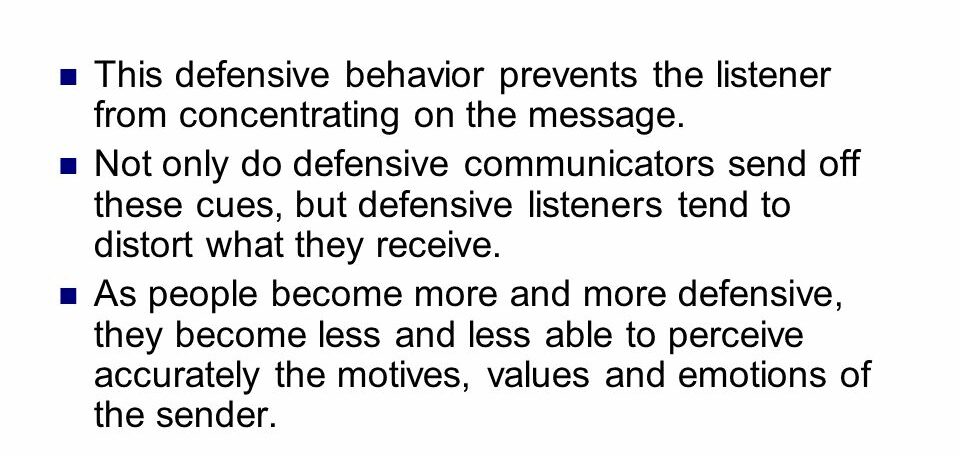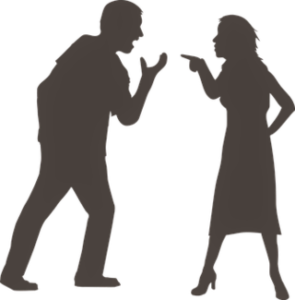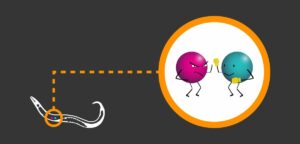Do you feel like you are always on the defensive? Do people seem to take advantage of you or walk all over you? If so, you likely struggle with being defensive. This is a trait that can be very harmful, both in your personal and professional life.
In this blog post, we will discuss what being defensive means, why people get defensive, and how to be less defensive. We will also provide tips for self-help and talk about the benefits of therapy.
Contents
Understanding Defensiveness As a Trait

Being defensive is when someone feels the need to protect themselves. This usually happens when they feel attacked, either physically or emotionally. It can also happen when someone feels like they’re being judged. Defensive people might lash out, or they might just withdraw.
Why Do People Get Defensive
People get defensive for several reasons.
- It could be a sign that they’re feeling insecure.
- It could be a way to protect themselves from being hurt.
- Or it could be a way to avoid admitting that they’re wrong.
Whatever the reason, being defensive is rarely helpful.
Personality Types Prone To Being Defensive
Some personality types are more prone to being defensive than others.
- If you’re the type of person who is always on the lookout for criticism,
- Or if you’re the type of person who feels like they have to be perfect, you might be more likely to get defensive.
- Other personality types that are prone to being defensive are very sensitive people or people who tend to be self-critical.
If you’re not sure whether you’re the type of person who gets defensive, try to think about a time when you felt attacked.
- Did you lash out?
- Did you withdraw?
- Or did you try to reason with the other person?
If you tend to lash out or withdraw, it’s a good sign that you’re defensive.
Why You Need To Be Less Defensive

So if you want to be less guarded or self-justifying, the first step is to understand why you get defensive in the first place. Once you know that, you can start to work on changing your behavior.
- First, being defensive is often a sign that you’re feeling insecure. This is because when you feel like you might be wrong, or when you feel like you might be judged, it can be scary.
- Second, being defensive usually makes the situation worse. When you lash out, or when you withdraw, it can make the other person feel like they can’t talk to you. It can also make them more likely to judge you.
- And finally, being defensive is exhausting. If you’re constantly on the lookout for attacks, or if you’re constantly trying to prove yourself, it’s going to take a toll on you.
Knowing How To Be Less Defensive

Once you know why you get defensive, you can start to work on changing your behavior. If you want to be less guarded or protective, there are a few things you can do on your own.
- Manage your emotions. If you can learn how to deal with your fears or your insecurity, you’ll be less likely to get defensive.
- Try to be more self-aware. This means that you pay attention to the way you’re feeling, and the way you’re reacting to the situation. If you can catch yourself before you lash out, or before you withdraw, you’ll be less likely to get defensive.
- Try to communicate better. This means that you listen more than you talk and that you try to understand the other person’s perspective. If you can do this, it will be easier to resolve conflicts without getting defensive.
Self-help Tools
If you want to be less guarded or protective, there are a few self-help tools that can help.
- “The Watering Can Technique.” This technique is designed to help you manage your emotions.
- “The Listening Tool.” This tool is designed to help you communicate better.
- “Cognitive Restructuring Tool.” This tool is designed to help you change the way you think about yourself and the world.
Talking To a Professional

If you want to be less guarded or uptight, talking to a professional can help. A therapist can help you understand why you get defensive, and they can teach you how to change your behavior.
Therapies
If you want to be less guarded or protective, there are a few therapies that can help.
- Cognitive Behavioral Therapy. This therapy is designed to help you change the way you think about yourself and the world.
- Dialectical Behavior Therapy. This therapy is designed to help you manage your emotions.
- Systems Training for Emotional Predictability and Problem Solving. This therapy is designed to help you communicate better.
Advocating For Therapy
If you want to be less protective or self-justifying, therapy can help. Understand why you should try therapy and what skills you’ll eventually gain:
Why Try Therapy
Therapy can be an effective treatment for people who seem to be always self-justifying. If you’re interested in therapy, there are a few things you should know.
- First, therapy is not always easy. It takes work, and it might be uncomfortable at times.
- Second, therapy is not always quick. It might take some time to see results.
- And finally, therapy is not always cheap. But if you want to know how to be less defensive, it’s worth the investment.
Skills You Gain
If you want to feel less protective, there are a few skills you can learn in therapy.
These skills can help you manage your emotions, communicate better, and resolve conflicts without getting defensive.
However, these are some of the skills you can gain in therapy:
- Learning how to manage your emotions.
- Training in how to communicate better.
- Learning how to resolve conflicts without getting defensive.
Conclusion
If you want to know how to be less defensive, there are a few things you can do. You can work on changing your behavior, you can try self-help tools, or you can talk to a professional.
Therapy can be an effective treatment for people who are always on the guard. In therapy, you can learn new skills that can help you manage your emotions, communicate better, and resolve conflicts without getting defensive.
A Word From Therapy Mantra
Your mental health — Your psychological, emotional, and social well-being — has an impact on every aspect of your life. Positive mental health essentially allows you to effectively deal with life’s everyday challenges.
At TherapyMantra, we have a team of therapists who provide affordable online therapy to assist you with issues such as depression, anxiety, stress, workplace Issues, addiction, relationship, OCD, LGBTQ, and PTSD. You can book a free therapy or download our free Android or iOS app.


